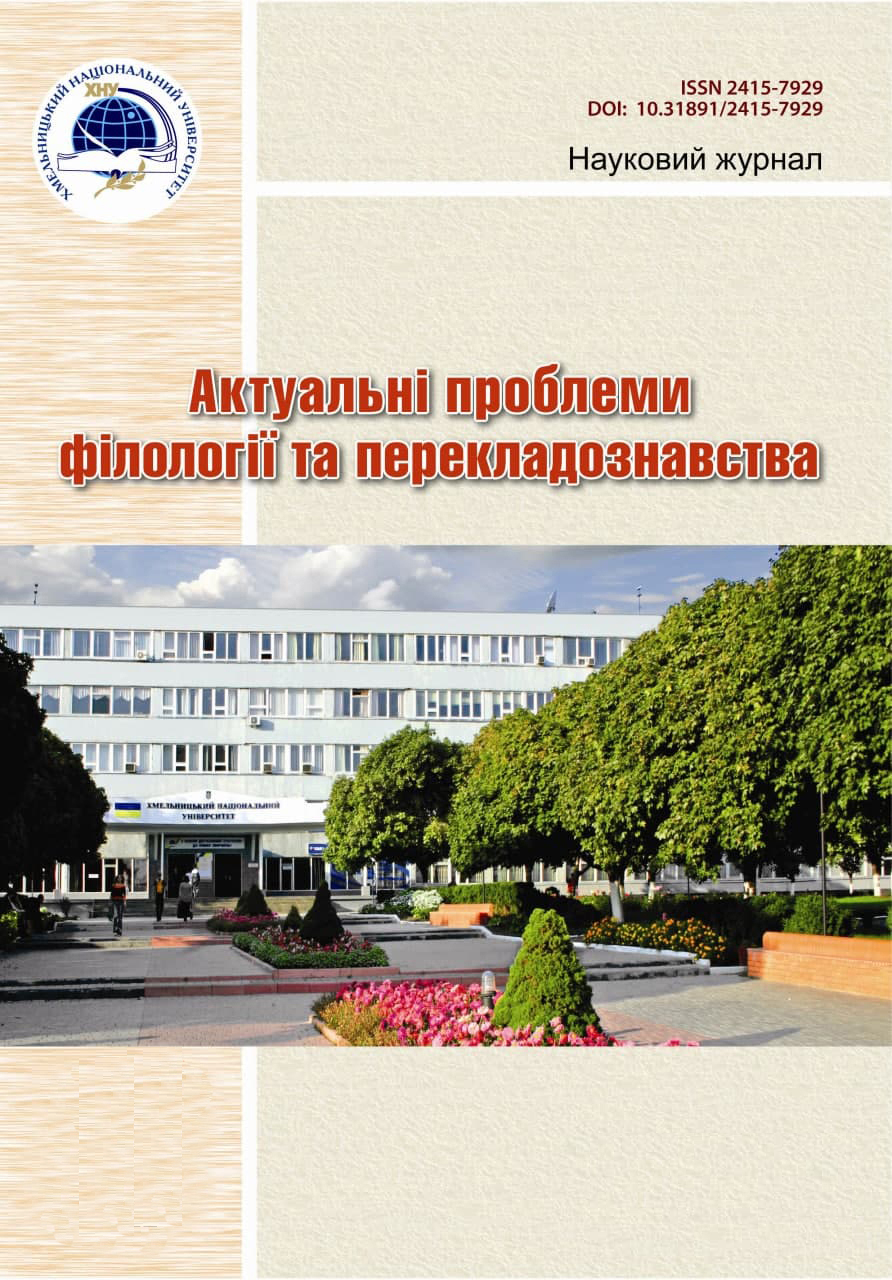THE USE OF ONLINE DICTIONARIES FOR TEACHING FOREIGN LANGUAGES AND THE SPECIFICITY OF THEIR APPLICATION FOR STUDENTS WITH SPECIAL NEEDS
DOI:
https://doi.org/10.31891/2415-7929-2024-31-7Keywords:
digital learning tools, online dictionaries, exical competence, students with special educational needsAbstract
The article deals with the peculiarities of forming students' foreign language communicative competence in general and lexical competence in particular by means of using various online dictionaries.
The purpose of the article is to characterize a number of online dictionaries as tools for the formation of foreign language communicative competence and to describe the possibilities of their application in the educational process with an academic purpose for various categories of students, including those with special educational needs.
The functional components and elements of several online dictionaries and thesauruses are characterized by the authors of the article. The relevancy of using various online dictionaries as academic resources and tools in classwork and autonomous foreign language learning is proved by the necessity of building strong lexical skills as a basic capacity of successful foreign language competence formation.
The necessary methodological prerequisites for their successful use of various digital dictionaries for educational purposes have been determined. Considerable attention is devoted to the description of mechanical, conditional-communicative and communicative tasks that can be implemented using materials generated with the help of digital tools and by the teacher independently based on the materials of the described dictionaries. The authors emphasize that, despite the considerable attention and keen interest of the academic and pedagogical community in the widespread use of digital tools in foreign language classes, the latter cannot replace the traditional communicative types of students' speech activity and are only intended to supplement the existing arsenal of foreign language teaching tools available to teachers. In addition, the potential and expediency of using online dictionaries for the formation of foreign language communicative competence of students with special needs both in working with a teacher and in an autonomous format is determined.
Downloads
Published
Issue
Section
License
Copyright (c) 2024 Олеся ФЕДОРОВА, Юлія РИБАЧУК, Марина БАБІЧЕВА, Ірина АНІЩЕНКО (Автор)

This work is licensed under a Creative Commons Attribution-NonCommercial-NoDerivatives 4.0 International License.

